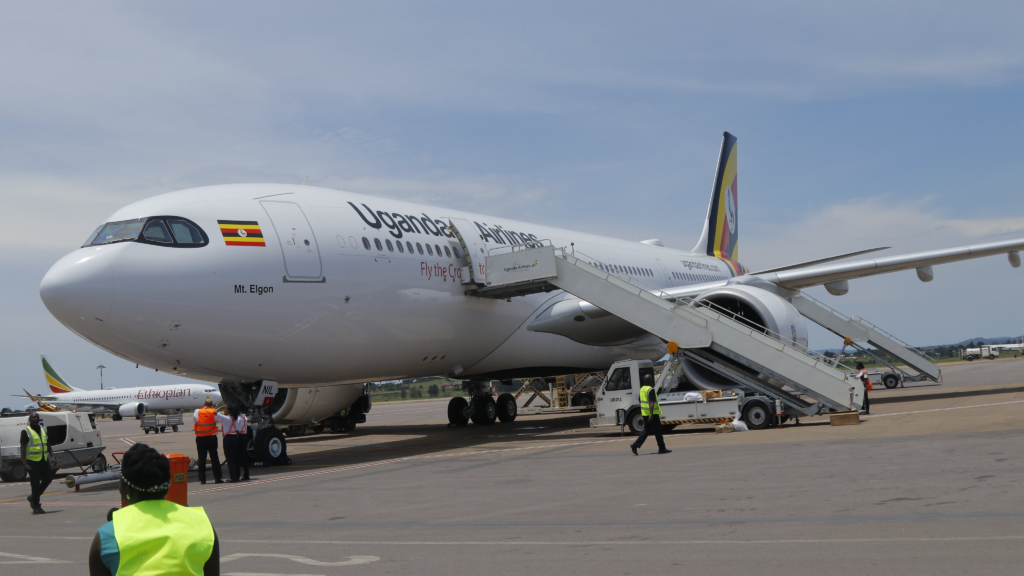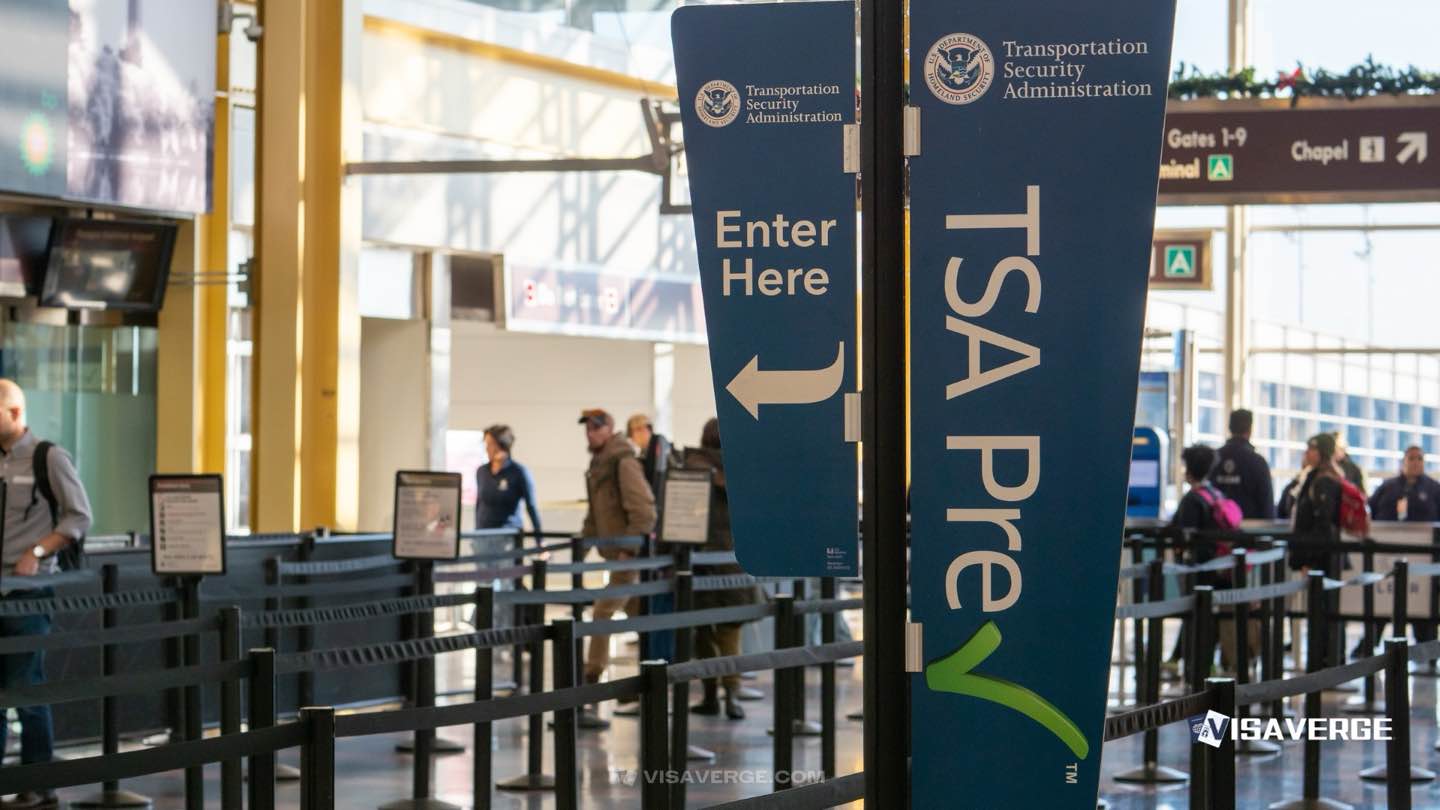Key Takeaways
• Uganda stopped registering new Eritrean asylum seekers on January 10, 2025, blocking legal status access.
• Over 59,600 Eritrean refugees in Uganda face legal limbo and risk arrest without registration.
• Suspension aligns with regional trends as neighboring countries also restrict Eritrean asylum claims.
Uganda’s Suspension of Eritrean Asylum Seeker Registration: What It Means and What Comes Next
Uganda 🇺🇬 has long been known for its open-door policy toward refugees, welcoming people fleeing war, persecution, and hardship from across Africa. But since January 10, 2025, a quiet but important change has taken place: Uganda has stopped registering new Eritrean asylum seekers. This move, which has not been widely discussed in public, marks a big shift in how Uganda handles people seeking safety from Eritrea 🇪🇷. For Eritrean asylum seekers, this change brings new risks and challenges, making it much harder to find protection and support in Uganda.

This article explains what the suspension means, who it affects, how the process worked before, and what options remain for Eritrean asylum seekers. It also looks at the broader regional context, the reasons behind Uganda’s decision, and what experts and humanitarian groups are saying about the situation.
Understanding Asylum and Registration in Uganda
Before looking at the recent changes, it’s important to understand how asylum and registration work in Uganda. When people arrive in Uganda seeking protection from harm in their home countries, they must register as asylum seekers. This process gives them legal status and access to services like food, shelter, and healthcare.
Registration is the first and most important step. Without it, people are considered to be in Uganda illegally, which puts them at risk of arrest and deportation. Registration also allows them to apply for refugee status, which brings more rights and protections.
Uganda’s refugee policy has been praised around the world. The country follows the Comprehensive Refugee Response Framework (CRRF), which aims to help refugees live in dignity and become self-reliant. As of May 2024, Uganda hosted about 1.7 million refugees, the highest number in Africa. Most come from South Sudan and the Democratic Republic of Congo, but there are also large communities from Somalia and Eritrea.
What Has Changed for Eritrean Asylum Seekers?
The Suspension
On January 10, 2025, Uganda’s Office of the Prime Minister (OPM), which manages refugee affairs, stopped registering new Eritrean asylum seekers. This means that Eritreans arriving in Uganda after this date cannot start the process to become recognized asylum seekers or refugees.
- Who is affected? Only Eritrean nationals are affected by this suspension. Asylum seekers from other countries can still register, except for some groups like Somalis, who have also faced similar restrictions since March 2023.
- What about those who arrived earlier? Eritrean asylum seekers who arrived before January 10, 2025, and had already started the registration process are allowed to finish it. But anyone arriving after that date is blocked from registering.
- Are there exceptions? The OPM has said that “vulnerable individuals” among Eritrean asylum seekers might be allowed to register, but it’s not clear who qualifies or how this process works.
The Scale of the Problem
Before the suspension, Uganda was home to more than 59,600 Eritrean refugees and asylum seekers. Many live in Kampala, especially in neighborhoods like Kabalagala, Kasanga, and Old Kampala. The halt in registration affects a large and growing community, leaving many people in legal limbo.
Why Did Uganda Make This Change?
Uganda has not given a detailed public explanation for the suspension. However, there are some possible reasons:
- Selective Restrictions: This is not the first time Uganda has blocked registration for a specific nationality. In March 2023, it stopped registering Somali asylum seekers, a policy still in place as of late 2024. These targeted suspensions suggest Uganda is trying to manage the flow of refugees from certain countries.
- Regional Pressures: Uganda is part of a region facing major refugee movements and security concerns. Neighboring countries like Ethiopia and Sudan have also tightened their asylum policies, especially for Eritreans.
- Administrative Challenges: With so many refugees, Uganda’s registration system is under strain. There may be concerns about resources, security, or the ability to process new arrivals quickly.
What Does Registration Mean for Eritrean Asylum Seekers?
Legal Status and Protection
Without registration, Eritrean asylum seekers are considered to be in Uganda illegally. This brings several serious risks:
- Arrest and Detention: Police and immigration officers sometimes carry out raids in Kampala to find people without legal documents. Unregistered Eritreans can be arrested and even deported.
- No Access to Services: Registration is needed to get help from the government and aid groups. Without it, Eritrean asylum seekers cannot receive food rations, relief packages, hygiene kits, or healthcare.
- No Path to Refugee Status: Registration is the first step toward being recognized as a refugee, which brings more rights and long-term protection. Without it, Eritreans cannot apply for refugee status.
Human Rights Concerns
Eritrea is known for serious human rights abuses. People who return there may face:
- Forced and indefinite military service
- Unlawful detention and disappearances
- Restrictions on freedom of speech, religion, and movement
Because of these dangers, many Eritreans fear being sent back. The suspension of registration in Uganda leaves them with few safe options.
The Regional Picture: Shrinking Protection for Eritreans
Uganda’s new policy is part of a wider trend in the region. Eritrean asylum seekers are finding it harder to get protection in neighboring countries:
- Ethiopia 🇪🇹: Since 2021, Ethiopia has stopped registering new Eritrean asylum claims. Eritrean refugees there have faced violence, especially in conflict areas.
- Sudan 🇸🇩: Hundreds of thousands of Eritreans in Sudan have suffered violence, including sexual violence, during the ongoing conflict.
- Other Countries: Eritreans in cities like Cairo and Addis Ababa have been targets of arbitrary detention and deportation. This puts them at risk of being sent back to Eritrea, where they could face harm.
This regional pattern means that Eritrean asylum seekers have fewer and fewer places to turn for safety.
How Does the Registration Process Work in Uganda?
For those who are still able to register, the process usually involves several steps:
- Arrival and Initial Contact: Asylum seekers report to the Refugee Desk, often located at border entry points or in Kampala.
- Registration: Personal details are recorded, and the person is given an asylum seeker certificate. This document proves their legal status while their claim is reviewed.
- Refugee Status Determination: The authorities review the case to decide if the person qualifies as a refugee under Ugandan and international law.
- Access to Services: Once registered, asylum seekers can access food, shelter, healthcare, and education.
For Eritrean asylum seekers arriving after January 10, 2025, this process is now blocked. Only those who arrived earlier or who are considered “vulnerable” (under unclear criteria) may still be able to register.
For more information about Uganda’s refugee policies and procedures, readers can visit the official Office of the Prime Minister – Department of Refugees website.
Real-World Impact: Stories from Kampala
Kampala is home to a large Eritrean community. Many Eritrean asylum seekers live in neighborhoods like Kabalagala, Kasanga, and Old Kampala. Before the suspension, new arrivals could find support from established community members and aid groups. Now, many are forced to live in hiding, afraid of being caught without documents.
Some Eritrean asylum seekers have shared stories of being stopped by police and asked for papers. Without registration, they risk arrest or demands for bribes. Others struggle to find work or housing, as landlords and employers often require legal documents.
Families are especially vulnerable. Without access to healthcare, children cannot get vaccinations or medical treatment. Pregnant women and people with chronic illnesses face serious health risks.
Expert Opinions and Recommendations
Experts on refugee protection have warned that blocking registration for new arrivals creates more problems than it solves. According to analysis by VisaVerge.com, such policies can push people into unsafe situations, increase the risk of exploitation, and make it harder for aid groups to help those in need.
Some key recommendations from experts include:
- Allowing Urban Registration: Instead of forcing all asylum seekers to go to camps, Uganda could let people register in cities like Kampala. This would help those who already have community ties or jobs in the city.
- Investing in Emergency Facilities: More resources are needed to help new arrivals register quickly and safely.
- Improving Registration Systems: Upgrading technology and hiring more staff could reduce delays and prevent bottlenecks.
- Protecting Vulnerable Groups: Clear guidelines are needed to ensure that children, women, and people with special needs can still access protection.
Humanitarian Response
Organizations like the International Rescue Committee (IRC) have raised concerns about Uganda’s policy. While not always mentioning Uganda by name, these groups stress the importance of keeping pathways open for people fleeing danger. They warn that closing doors to asylum seekers can lead to more suffering and instability.
Aid groups also point out that many Eritrean asylum seekers have already suffered trauma and violence. Denying them registration and support only adds to their hardship.
What Are the Options for Eritrean Asylum Seekers Now?
With registration blocked in Uganda, Eritrean asylum seekers have few good options:
- Stay in Uganda Without Documents: This means living in constant fear of arrest, with no access to services or legal protection.
- Try to Register as “Vulnerable”: Some may try to prove they are especially at risk, but the process is unclear and not many succeed.
- Move to Another Country: Neighboring countries like Ethiopia and Sudan are also closing their doors, and the journey is dangerous.
- Seek Help from Aid Groups: Some organizations may offer limited support, but without registration, their ability to help is limited.
Looking Ahead: Will the Policy Change?
As of June 2025, there is no sign that Uganda plans to lift the suspension on Eritrean asylum seeker registration. The policy seems to be part of a larger trend of tightening refugee protections across the region. International pressure and advocacy may influence future decisions, but for now, the situation remains uncertain.
Practical Guidance for Eritrean Asylum Seekers in Uganda
If you are an Eritrean asylum seeker in Uganda, here are some steps you can take:
- Stay Informed: Keep up to date with announcements from the Office of the Prime Minister and trusted aid organizations.
- Seek Legal Advice: If possible, contact legal aid groups that work with refugees. They may be able to help you understand your rights and options.
- Connect with Community Groups: Eritrean community organizations in Kampala may offer support, information, or referrals.
- Document Your Situation: Keep records of your arrival date and any attempts to register. This may help if policies change in the future.
- Avoid Risky Situations: Be careful about sharing your status with strangers, and avoid areas where police raids are common.
Conclusion
Uganda’s decision to stop registering Eritrean asylum seekers marks a major change in its refugee policy. For thousands of Eritreans fleeing danger at home, the suspension means greater risk, fewer rights, and less hope for a safe future. The move is part of a wider regional trend of shrinking protection for refugees, especially from Eritrea.
While some exceptions may exist for vulnerable individuals, most new arrivals are left in legal limbo. Experts and humanitarian groups urge Uganda to reconsider, warning that blocking registration only increases suffering and instability.
For now, Eritrean asylum seekers in Uganda must rely on community support, stay informed, and hope for a change in policy. The situation is difficult, but understanding the rules and knowing where to seek help can make a difference.
For official information on refugee registration and rights in Uganda, visit the Office of the Prime Minister – Department of Refugees.
As reported by VisaVerge.com, the ongoing suspension highlights the urgent need for fair and open asylum procedures, not just in Uganda but across the region. The world will be watching to see how Uganda and its neighbors respond to the needs of Eritrean asylum seekers in the months ahead.
Learn Today
Asylum Seeker → A person seeking protection from persecution in another country before refugee status is granted.
Registration → The official process recognizing asylum seekers, granting legal status and access to services in Uganda.
Refugee Status → Legal recognition given to asylum seekers who qualify under international law, providing protection.
Comprehensive Refugee Response Framework (CRRF) → Uganda’s policy framework supporting refugees’ dignity and self-reliance with community integration.
Office of the Prime Minister (OPM) → Ugandan government body responsible for managing refugee affairs and registration practices.
This Article in a Nutshell
Uganda’s suspension of Eritrean asylum seeker registration since January 10, 2025, risks legal status and aid access. Over 59,600 affected individuals face arrest and limited support while regional restrictions increase. Experts urge Uganda to restore registration, protect vulnerable persons, and improve asylum procedures amid growing humanitarian concerns.
— By VisaVerge.com













